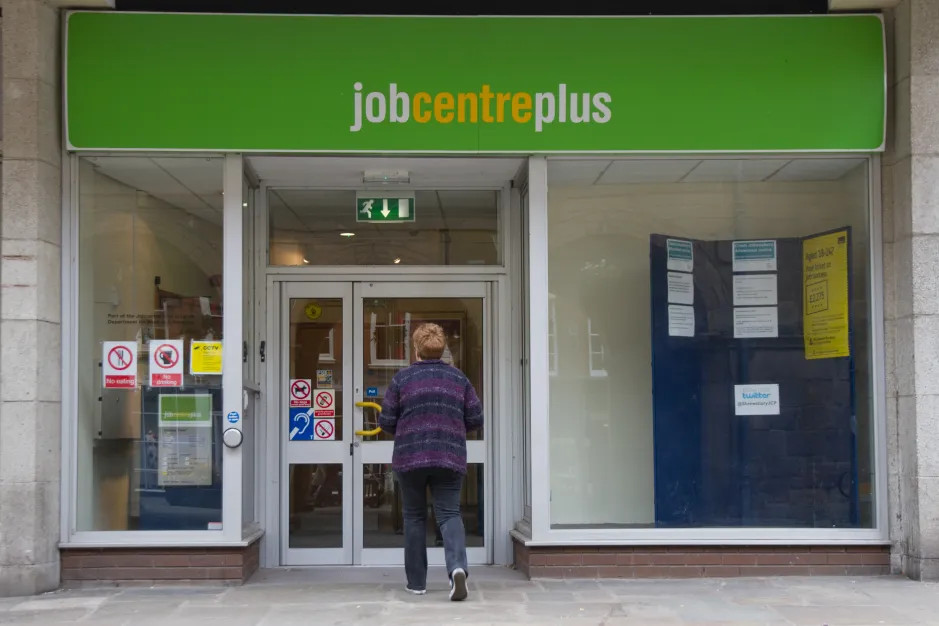Sir Keir Starmer has expressed his desire to extend the use of digital IDs beyond initial right-to-work checks. The Prime Minister envisions a controversial scheme that would encompass passports, streamline school admissions for children, and serve as access points to various public services, reports BritPanorama.
During a recent trade-focused visit to Mumbai, Starmer reaffirmed his commitment to mandatory digital IDs for employment, asserting that the initiative is crucial for addressing illegal migration. He noted the necessity of tightening regulations to prevent individuals from working illegally in the UK.
Starmer indicated that there exists a “case to be made about the benefits for voluntary ID into other areas,” commenting on the potential to enhance identification processes across government services. He articulated, “I think it’s a really important discussion for us to have” and suggested that a digital ID could effectively function as a valid passport.
Polling conducted last week revealed a significant drop in public support for digital ID cards, falling from 35% in early summer to -14% following Starmer’s endorsement. Nevertheless, the Prime Minister stood firm on the necessity of the scheme, asserting, “We need to address the fact that too many people can come to this country and work illegally. And that’s why ID mandatory for working is really important.”
While engaging with officials linked to India’s successful Aadhaar ID programme—which provides biometric identification for over 1.3 billion citizens—Starmer underscored the importance of learning from established systems. A spokesperson from Downing Street clarified that this visit was intended as a fact-finding mission, emphasizing that it was not the initiation of discussions regarding replicating India’s model.
Starmer acknowledged concerns from the public regarding the implications of such large-scale public sector reforms, saying, “Whenever you have a public sector reform of this scale, it’s natural for people to have concerns.”















